Home>Garden Essentials>What Kind Of Soil Mix For Vegetable Garden
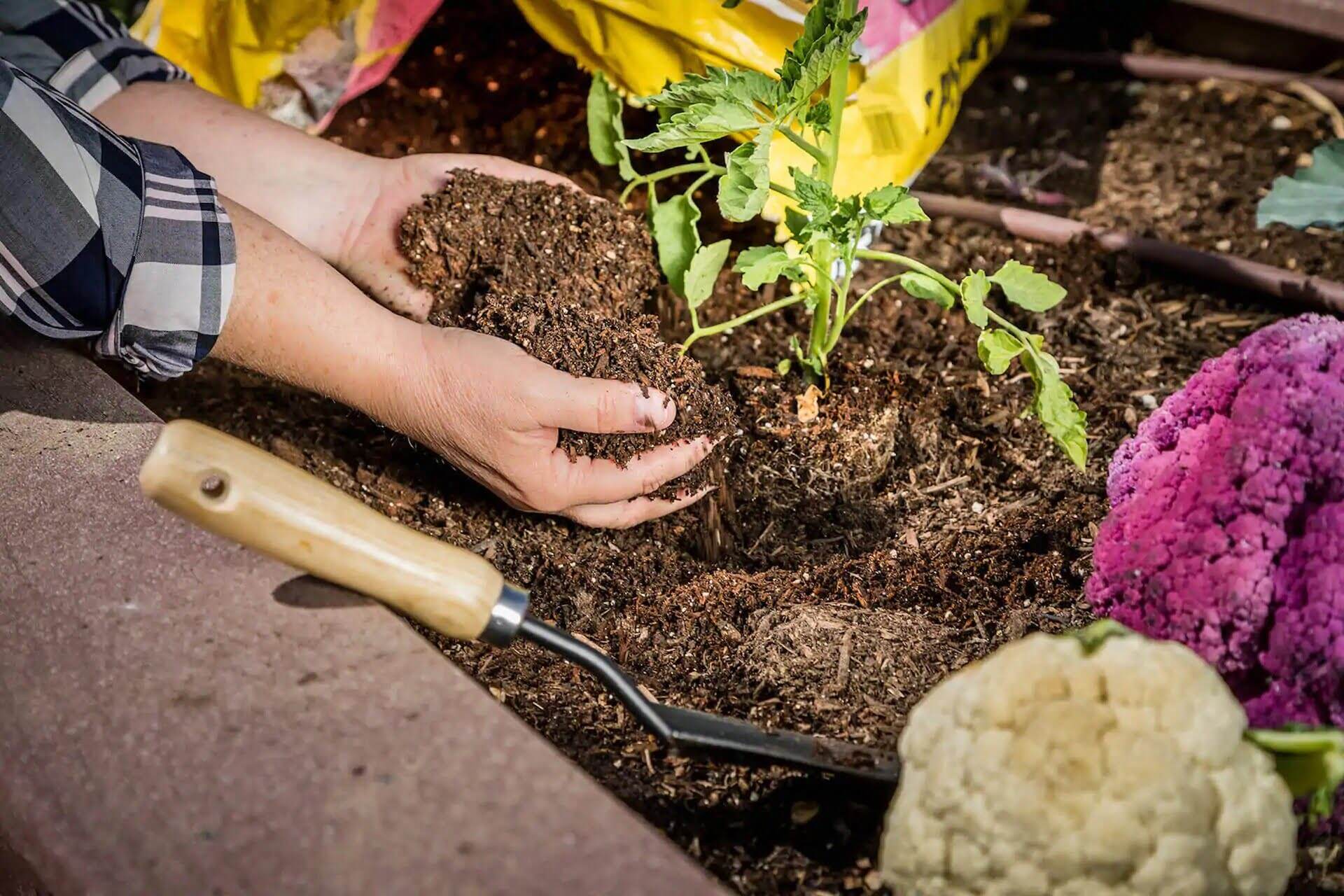

Garden Essentials
What Kind Of Soil Mix For Vegetable Garden
Modified: March 15, 2024
Discover the perfect soil mix for your vegetable garden to ensure optimal growth and yield. Learn how to create a nutrient-rich garden blend for your thriving garden.
(Many of the links in this article redirect to a specific reviewed product. Your purchase of these products through affiliate links helps to generate commission for Storables.com, at no extra cost. Learn more)
Introduction
Welcome to the wonderful world of vegetable gardening! Whether you are a seasoned green thumb or a beginner looking to try your hand at growing your own fresh produce, one of the key factors that will determine the success of your vegetable garden is the soil mix you use. Having the right soil mix is crucial as it provides the essential nutrients, proper drainage, and optimal conditions for your plants to thrive.
In this article, we will explore the benefits of using the right soil mix for your vegetable garden, discuss the factors to consider when choosing a soil mix, delve into the components of an ideal soil mix, share popular soil mix recipes, and provide tips for creating and maintaining a healthy vegetable garden soil.
By understanding the importance of soil and how to create the right soil mix, you will set a solid foundation for a bountiful and successful vegetable garden. So let’s dig in!
Key Takeaways:
- Choose the right soil mix for your vegetable garden to provide essential nutrients, improve drainage, and promote healthy root development, resulting in higher yields and pest resistance.
- Consider factors like texture, nutrient content, and pH level when selecting a soil mix, and experiment with popular recipes to create a thriving vegetable garden soil.
Read more: What Kind Of Soil Mix For Containers?
Benefits of Using the Right Soil Mix for Vegetable Gardens
Using the right soil mix for your vegetable garden offers numerous benefits that contribute to the overall health and productivity of your plants. Here are some key advantages:
- Optimal Nutrient Content: The right soil mix provides a well-balanced combination of essential nutrients such as nitrogen, phosphorus, and potassium, along with trace minerals. These nutrients are vital for the growth and development of your vegetable plants, ensuring they have everything they need to thrive.
- Improved Drainage: Proper drainage is crucial for vegetable plants as it prevents waterlogging and the development of root rot. A well-draining soil mix allows excess water to flow away from the roots, preventing soil saturation and ensuring healthy root growth.
- Enhanced Root Development: The right soil mix promotes robust root development by providing a loose and friable texture. This allows the roots to penetrate easily into the soil, accessing oxygen, water, and nutrients more efficiently.
- Higher Yield and Quality: When your vegetable plants have access to the right combination of nutrients, proper drainage, and optimal root development, they are more likely to yield larger and higher-quality harvests. You can expect tastier, more vibrant, and nutrient-rich vegetables from your garden.
- Pest and Disease Resistance: Healthy and well-nourished plants are more resistant to pests and diseases. The right soil mix helps to strengthen the plants’ immune systems, making them less susceptible to common garden pests and diseases.
- Long-term Soil Health: A well-balanced soil mix contributes to the long-term health of your garden soil. By replenishing nutrients and maintaining proper drainage, you can foster a rich and fertile soil that will continue to support healthy plant growth year after year.
By using the right soil mix, you can create an ideal environment for your vegetable plants to flourish, ensuring healthy growth, high yields, and delicious homegrown produce.
Factors to Consider When Choosing Soil Mix for Vegetable Gardens
Choosing the right soil mix for your vegetable garden is crucial for the success of your plants. Here are some key factors to consider when selecting the soil mix:
- Texture and Drainage: The texture of the soil mix is an important factor to consider. It should have a balanced combination of sand, silt, and clay particles. This ensures good soil structure, proper drainage, and aeration, allowing the roots to breathe and preventing waterlogging.
- Nutrient Content: The soil mix should contain a sufficient amount of organic matter and essential nutrients. Organic matter helps retain moisture, improve soil structure, and enhance microbial activity. Additionally, consider adding compost, aged manure, or other organic fertilizers to enrich the soil with essential nutrients.
- pH Level: Different vegetables thrive in different pH ranges. Conduct a soil test to determine the pH level of your soil and choose a soil mix that is suitable for the vegetables you plan to grow. Most vegetables prefer slightly acidic to neutral soil with a pH range of 6.0 to 7.0.
- Water Holding Capacity: The soil mix should be able to retain moisture without becoming waterlogged. It should have a good water holding capacity, allowing the plants to access water during dry periods. This is especially important in regions with limited rainfall or where irrigation may be needed.
- Availability and Cost: Consider the availability and cost of the soil mix. Some soil mixes may be readily available at garden centers, while others may need to be purchased online or mixed yourself. Be sure to factor in the cost and accessibility when making your decision.
- Organic vs. Synthetic: Decide whether you want to use organic or synthetic soil mix. Organic soil mixes are made of natural ingredients and promote long-term soil health. Synthetic soil mixes, on the other hand, are often formulated for specific plant needs and can provide quick release of nutrients.
By considering these factors, you can choose a soil mix that meets the specific needs of your vegetable garden, ensuring optimal plant growth, yield, and overall success.
Components of an Ideal Soil Mix for Vegetable Gardens
An ideal soil mix for vegetable gardens should provide a balance of nutrients, proper drainage, and optimal conditions for plant growth. Here are the key components to include when creating the perfect soil mix:
- Topsoil: Topsoil forms the base of the soil mix and provides the foundation for plant growth. Look for high-quality topsoil that is rich in organic matter and nutrients. Avoid topsoil that is compacted or contains weed seeds.
- Compost: Compost is a valuable component that improves soil structure, enhances water retention, and adds essential nutrients. Incorporate well-rotted compost into the soil mix to promote microbial activity and overall soil health.
- Perlite or Vermiculite: These additives are excellent for improving drainage and aeration in the soil mix. Perlite is a lightweight volcanic rock that holds moisture while allowing excess water to drain, while vermiculite absorbs water and helps maintain moisture levels. Use them in the right proportion to create a loose and well-draining soil mix.
- Peat Moss or Coir: Peat moss and coir (derived from coconut husks) are both excellent choices for retaining moisture in the soil mix. They also improve soil structure and enhance nutrient availability. Use peat moss or coir in combination with other components to create a moisture-retentive soil mix.
- Organic Fertilizers: Incorporate organic fertilizers such as well-rotted manure, composted chicken or cow manure, or worm castings into the soil mix. These organic fertilizers slowly release nutrients over time, nourishing the plants and improving overall soil fertility.
- Mineral Amendments: Consider adding mineral amendments like rock phosphate, bone meal, and greensand to provide specific nutrients like phosphorus and potassium. These amendments enhance root development, flowering, and fruiting of your vegetable plants.
It is important to note that the exact proportions of these components will depend on factors such as your soil type, the specific vegetable crops you are growing, and your regional climate. Experimentation and fine-tuning may be necessary to achieve the ideal soil mix for your specific circumstances.
By incorporating these components into your soil mix, you can create a nutrient-rich, well-draining, and moisture-retentive environment that will support healthy and robust vegetable plant growth.
When creating a soil mix for a vegetable garden, aim for a well-draining blend of 40% topsoil, 40% compost, and 20% perlite or vermiculite for aeration. This will provide the nutrients and structure needed for healthy plant growth.
Popular Soil Mix Recipes for Vegetable Gardens
When it comes to creating a soil mix for your vegetable garden, there are various tried-and-true recipes that gardeners have found success with. Here are a few popular soil mix recipes you can try:
- Basic All-Purpose Soil Mix:
- 50% topsoil
- 30% compost
- 20% perlite or vermiculite
- Raised Bed Soil Mix:
- 1 part topsoil
- 1 part compost
- 1 part coconut coir or peat moss
- 1 part perlite or vermiculite
- Optional: 1 cup organic fertilizer (such as bone meal or fish meal)
- Container Garden Soil Mix:
- 40% potting soil
- 30% compost
- 20% perlite or vermiculite
- 10% coconut coir or peat moss
- Optional: 1 cup slow-release organic fertilizer
- Soilless Mix for Seed Starting:
- 50% peat moss
- 30% perlite
- 20% vermiculite
This basic all-purpose soil mix works well for most vegetable crops. It provides a good balance of nutrients, drainage, and moisture retention.
This soil mix is specifically designed for raised bed gardens. It has excellent drainage and moisture retention capabilities, making it perfect for growing a wide range of vegetables.
This soil mix is formulated for container gardening, providing the necessary nutrients, drainage, and moisture retention required for healthy vegetable plants in pots or containers.
This soilless mix is excellent for starting seeds indoors. It provides a lightweight and sterile medium for seed germination, ensuring good moisture retention and aeration.
These are just a few examples of popular soil mix recipes for vegetable gardens. Remember, you can also customize these recipes based on your specific needs and the types of vegetables you are growing. Experiment and make adjustments as necessary to create a soil mix that suits your garden’s requirements.
Ensure that all the ingredients are thoroughly mixed together to achieve a homogenous soil blend. This will ensure consistent nutrient distribution and overall balance in the soil mix.
Read more: What Kind Of Soil Mix For Milkweed
Tips for Creating and Maintaining a Healthy Vegetable Garden Soil
Creating and maintaining a healthy soil environment is essential for the long-term success of your vegetable garden. Here are some tips to help you create and maintain a healthy vegetable garden soil:
- Test Your Soil: Start by testing your soil to determine its pH level and nutrient content. This will help you understand the specific needs of your soil and make necessary adjustments for optimal plant growth.
- Amend the Soil: Based on the soil test results, amend your soil with organic matter such as compost, aged manure, or leaf mold. These amendments add nutrients, improve soil structure, and enhance microbial activity.
- Mulch: Apply a layer of organic mulch around your vegetable plants. Mulch helps retain moisture, suppress weeds, and gradually decomposes, enriching the soil with organic matter over time.
- Rotate Crops: Practice crop rotation by changing the location of your vegetable crops each year. This helps prevent the build-up of pests and diseases, avoids nutrient depletion, and maintains soil balance.
- Practice Proper Watering: Water your vegetables deeply and consistently to encourage strong root growth. Avoid overwatering, as it can lead to waterlogged soil and root rot. Aim to water at the base of the plants early in the morning to minimize evaporation.
- Implement Companion Planting: Incorporate companion plants that help enrich the soil and repel pests. Some examples include planting legumes (such as beans and peas) to add nitrogen to the soil and interplanting aromatic herbs (such as basil and sage) to deter insect pests.
- Proper Weed Control: Regularly remove weeds from your garden beds, as they compete with your vegetable plants for nutrients and water. Use manual weeding or organic weed control methods to avoid harmful chemicals in your soil.
- Avoid Over-fertilization: While it’s important to provide your plants with necessary nutrients, avoid excessive fertilization, as it can lead to nutrient imbalances and damage to the soil ecosystem. Follow recommended fertilization guidelines and monitor your plants’ health.
- Encourage Beneficial Insects: Attract beneficial insects like ladybugs, lacewings, and bees to your garden. These insects help pollinate your plants and control common garden pests naturally.
- Regular Soil Maintenance: Periodically check the health of your soil and make necessary adjustments. This includes adding compost, organic fertilizers, or amendments as needed, based on the specific needs of your plants.
By following these tips, you can create and maintain a healthy vegetable garden soil that promotes strong plant growth, high yields, and overall garden success.
Conclusion
In conclusion, the soil mix you choose for your vegetable garden plays a vital role in the overall health and productivity of your plants. By understanding the benefits of using the right soil mix, considering important factors when choosing a soil mix, and incorporating the necessary components, you can create an ideal soil environment for your vegetables to thrive.
Using the right soil mix provides numerous advantages, including optimal nutrient content, improved drainage, enhanced root development, higher yield and quality, pest and disease resistance, and long-term soil health. These benefits contribute to the success of your vegetable garden and the production of delicious, nutrient-rich homegrown produce.
Consider popular soil mix recipes such as the basic all-purpose mix, raised bed mix, container garden mix, and soilless mix for seed starting. However, don’t be afraid to customize these recipes to suit your specific needs and the requirements of the vegetables you are growing. The proportions of each component may vary depending on your soil type, climate, and plant preferences.
To maintain a healthy vegetable garden soil, be sure to test your soil, amend it with organic matter, practice crop rotation, use mulch, implement proper watering and weed control, encourage beneficial insects, and regularly maintain your soil. By following these tips, you will be well on your way to creating and maintaining a thriving garden that will provide you with fresh, nutritious vegetables for years to come.
Remember, soil is a living, dynamic ecosystem, and its health is crucial to the success of your vegetable garden. So take the time to nurture and care for your soil, and it will reward you with bountiful harvests and a garden that flourishes year after year.
Happy gardening!
Frequently Asked Questions about What Kind Of Soil Mix For Vegetable Garden
Was this page helpful?
At Storables.com, we guarantee accurate and reliable information. Our content, validated by Expert Board Contributors, is crafted following stringent Editorial Policies. We're committed to providing you with well-researched, expert-backed insights for all your informational needs.
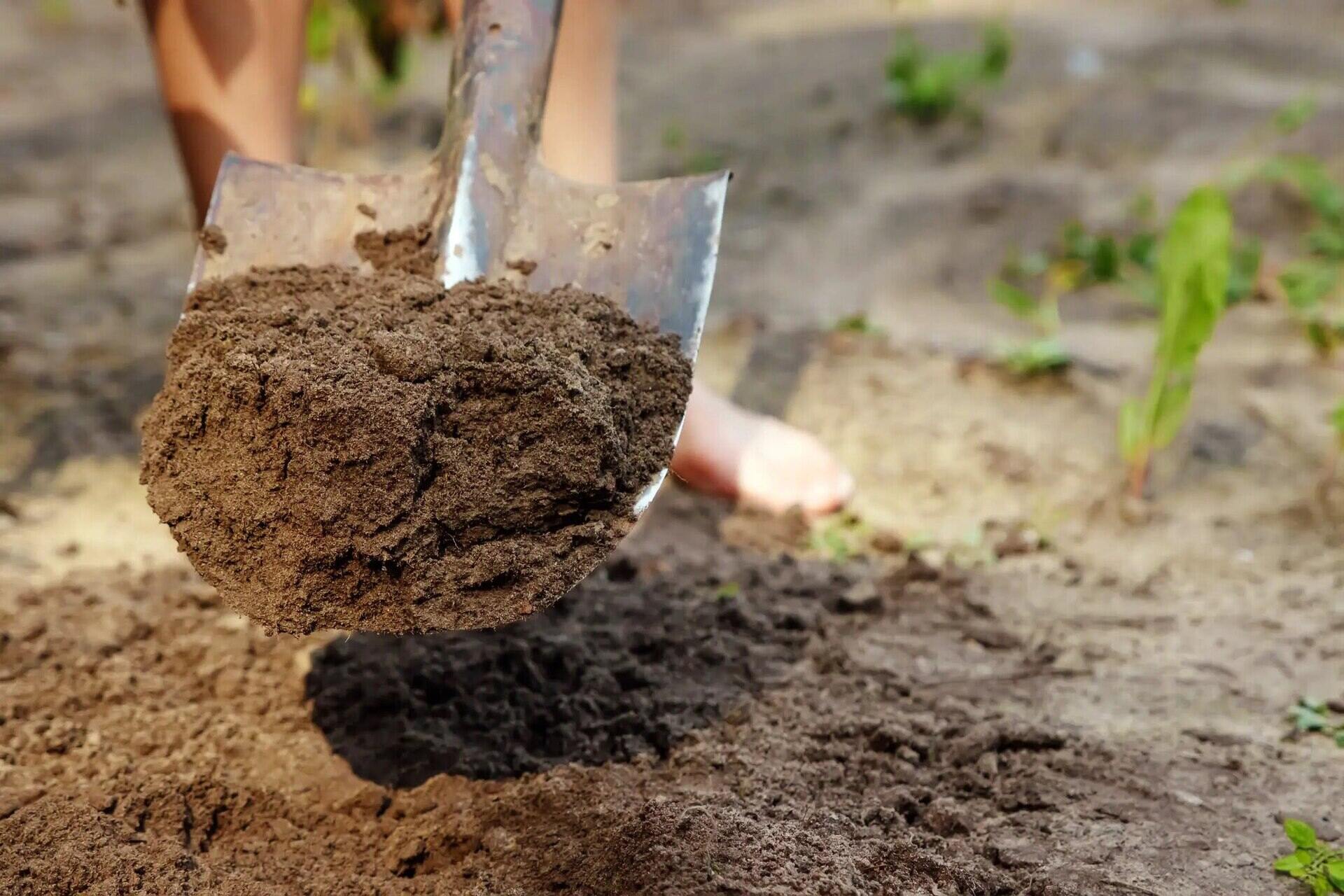
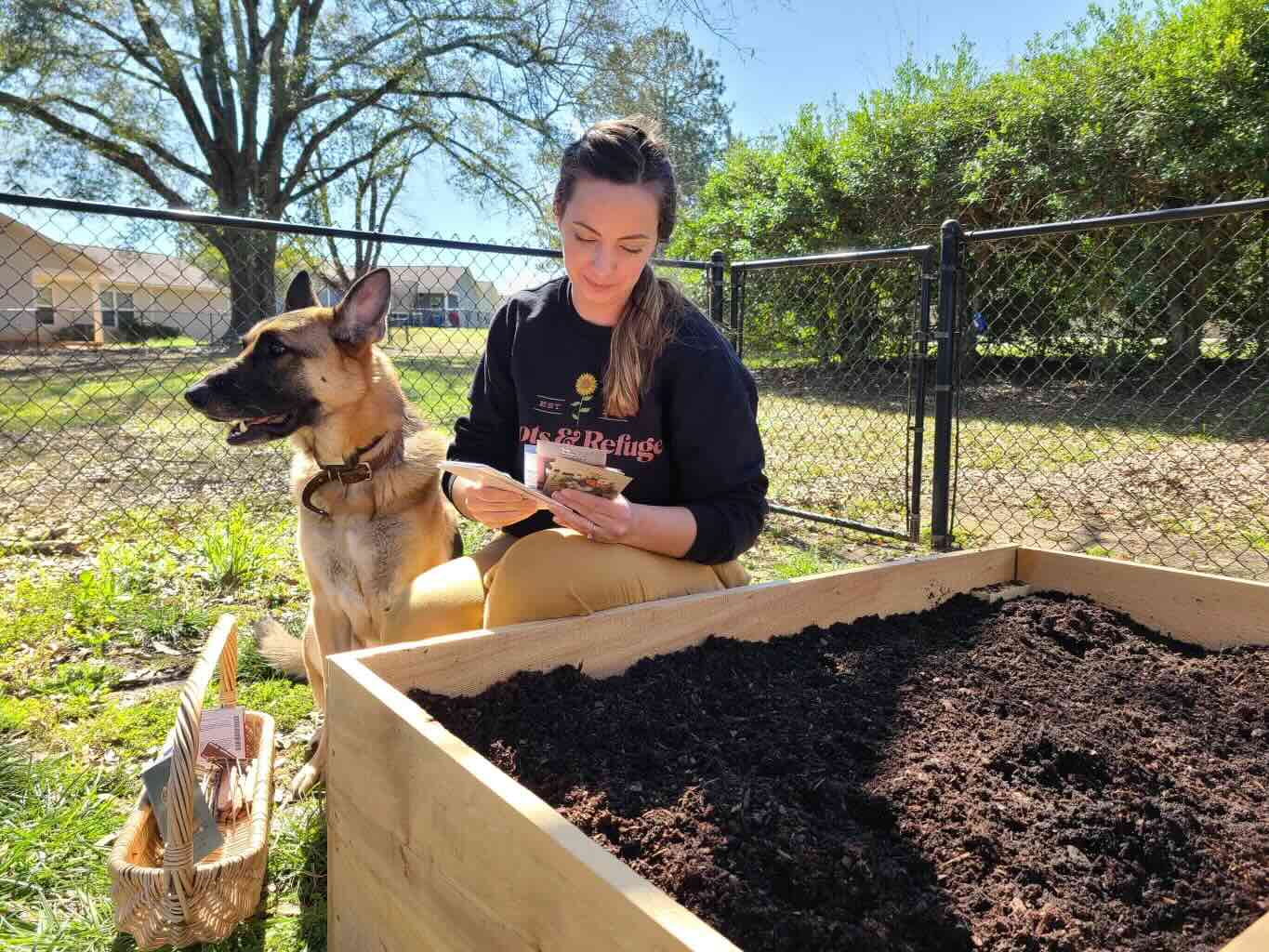
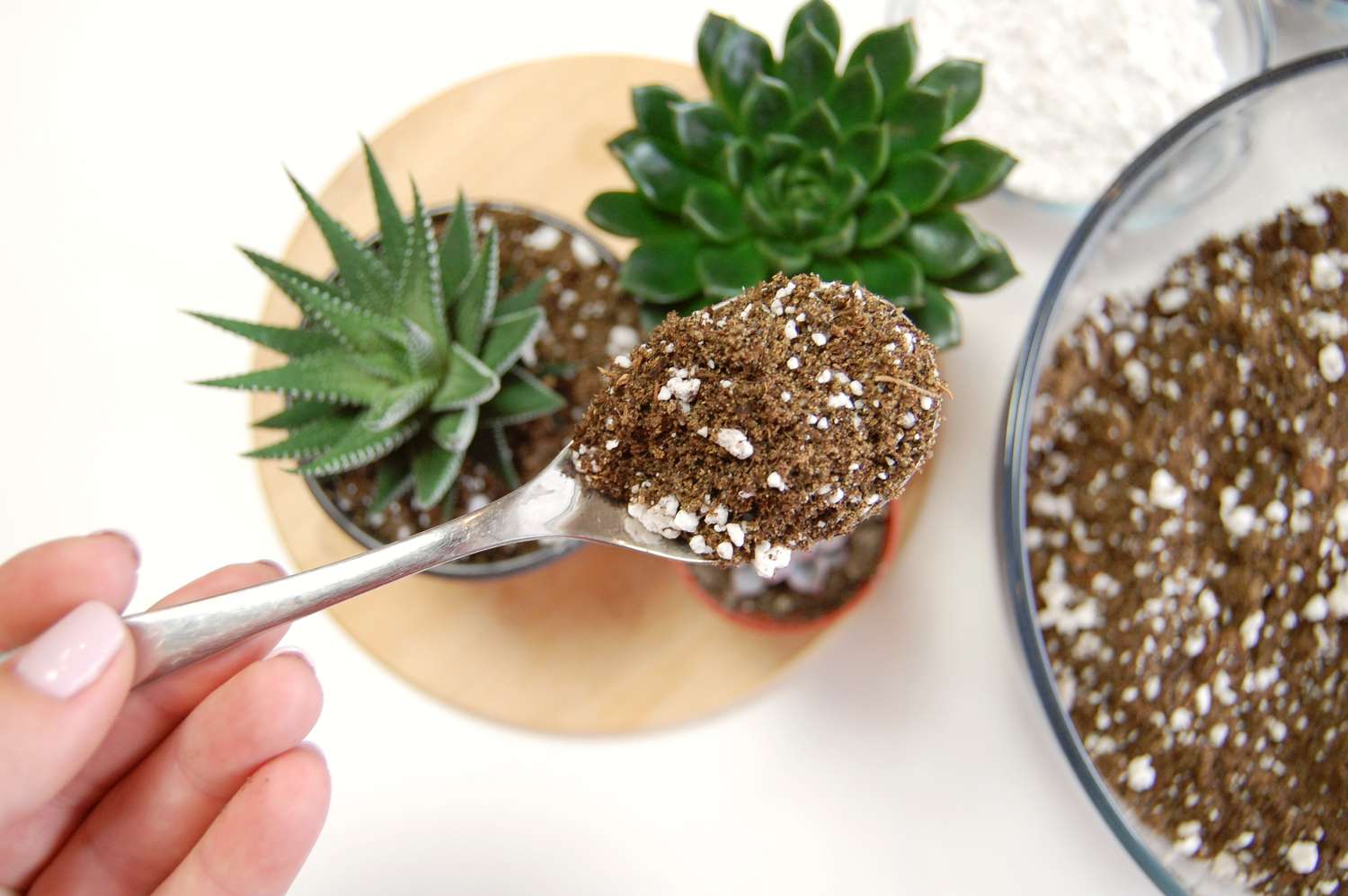
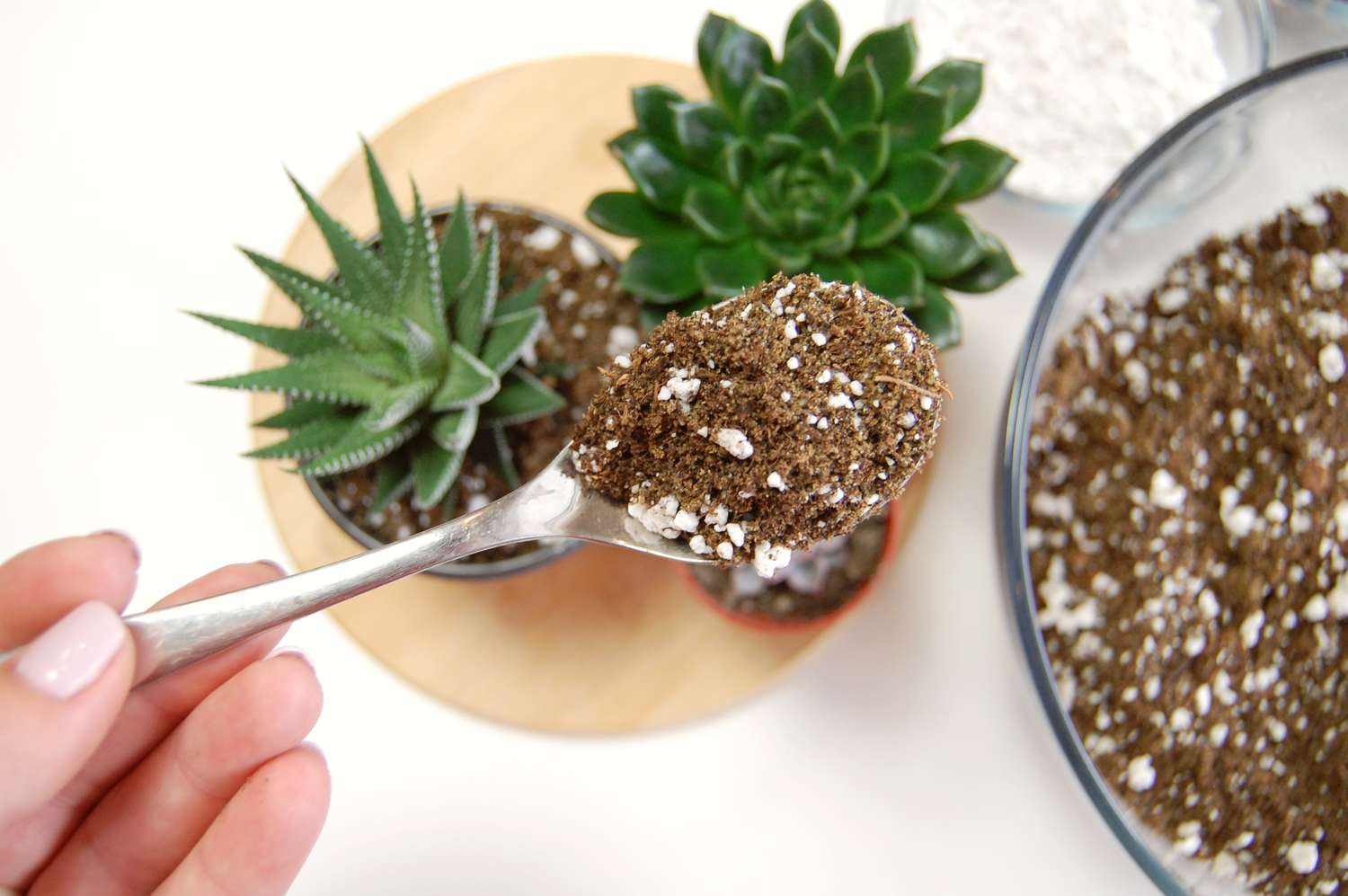
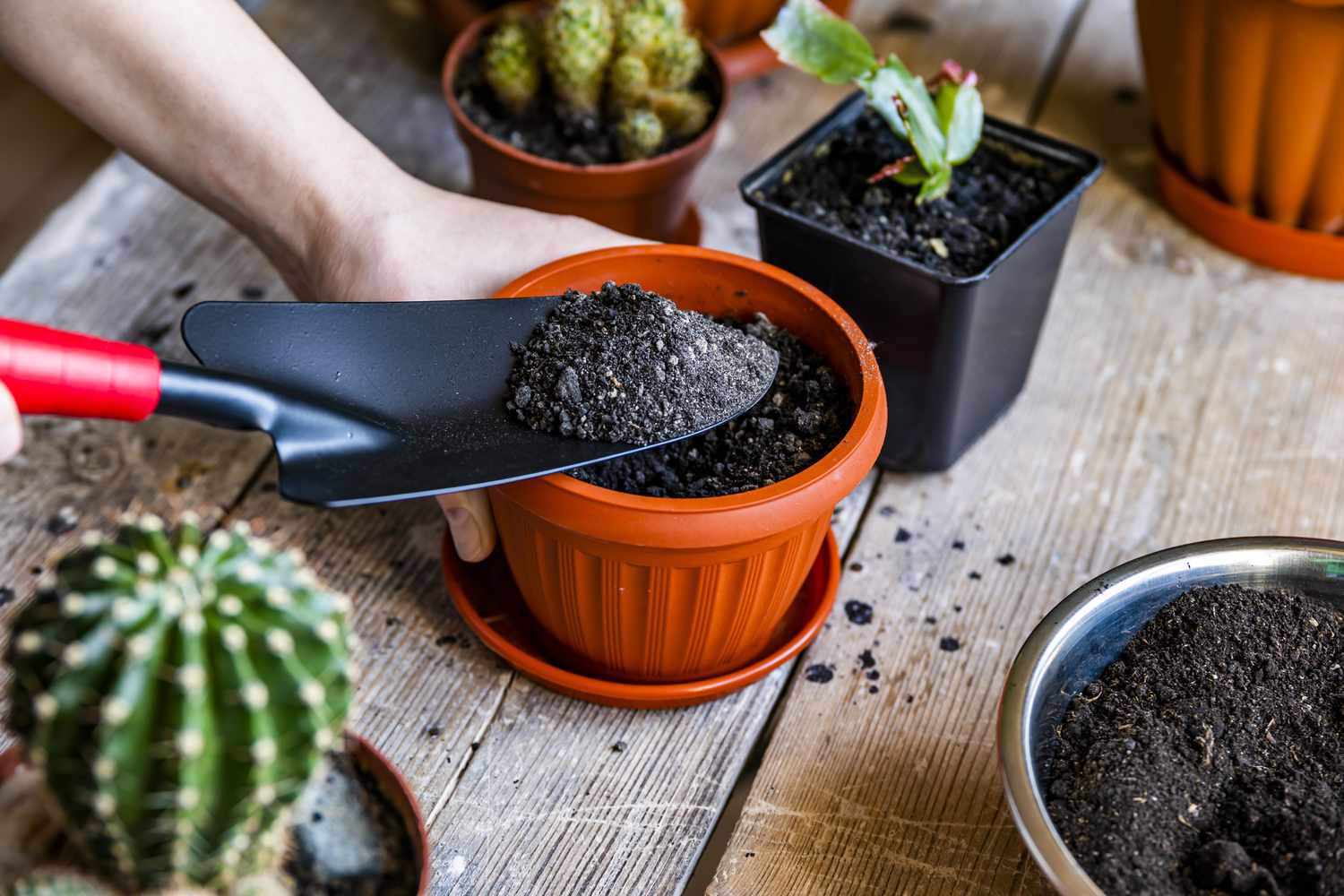
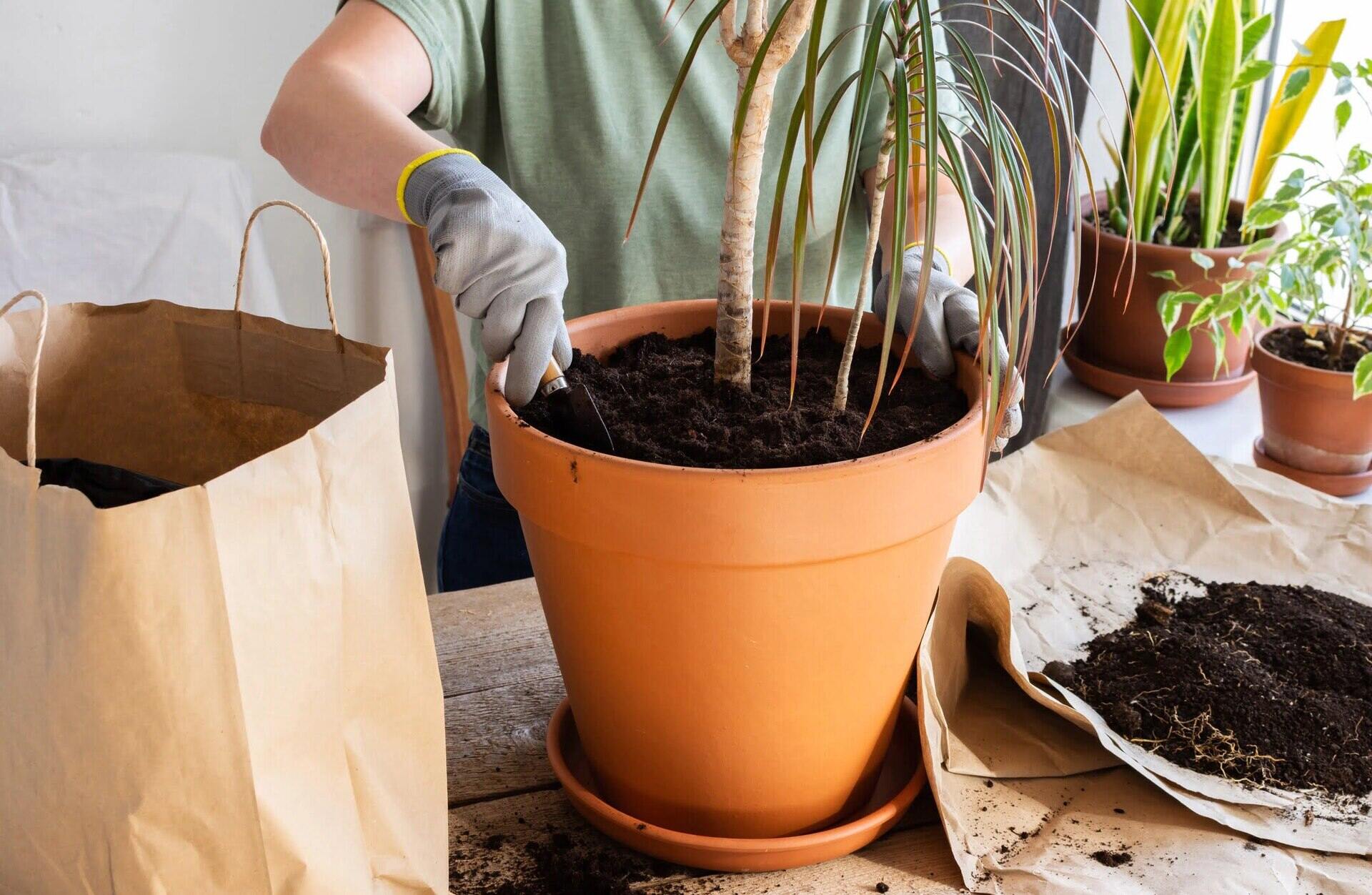
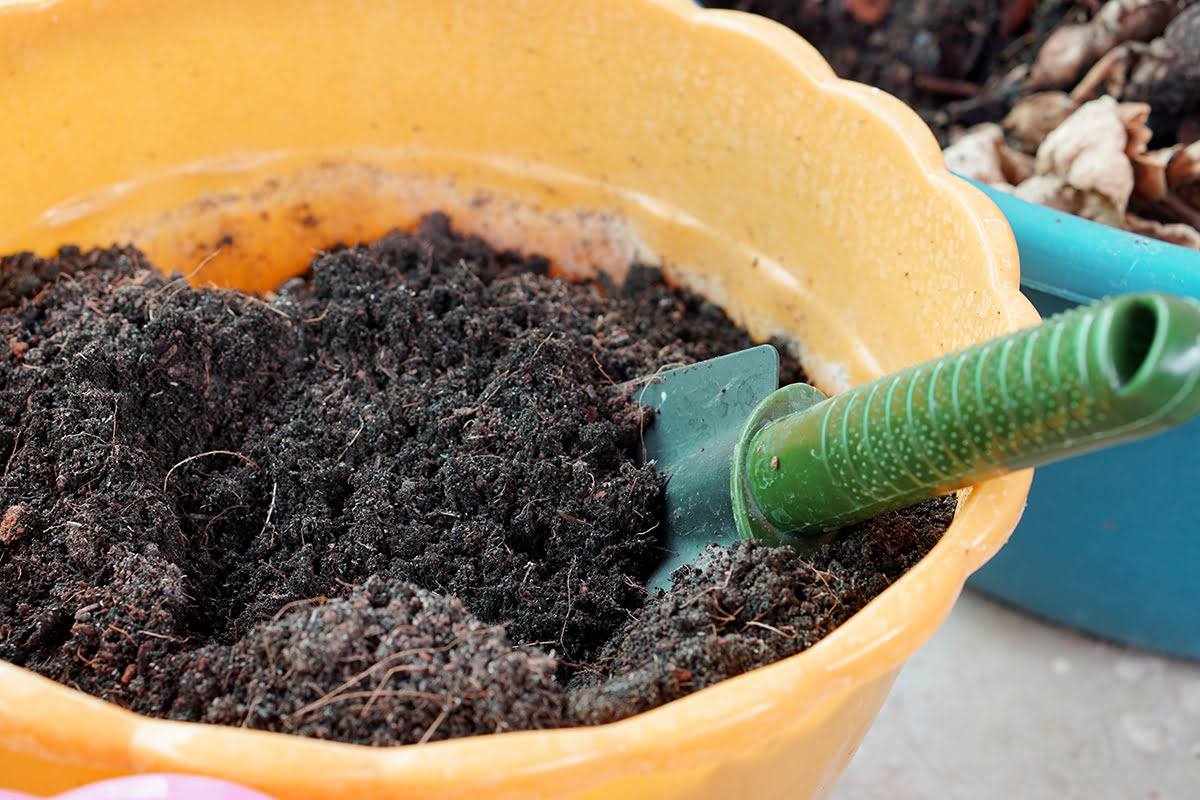
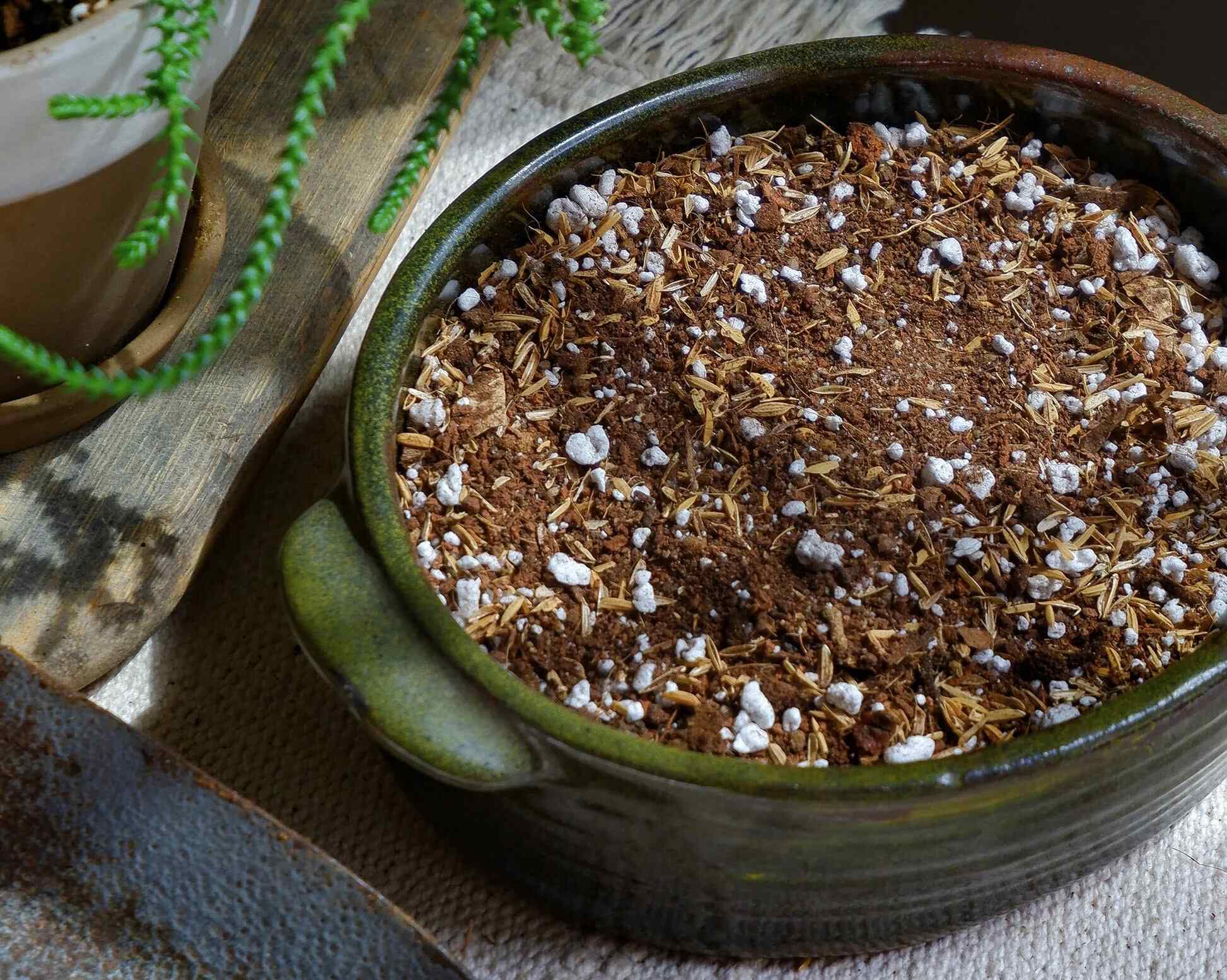
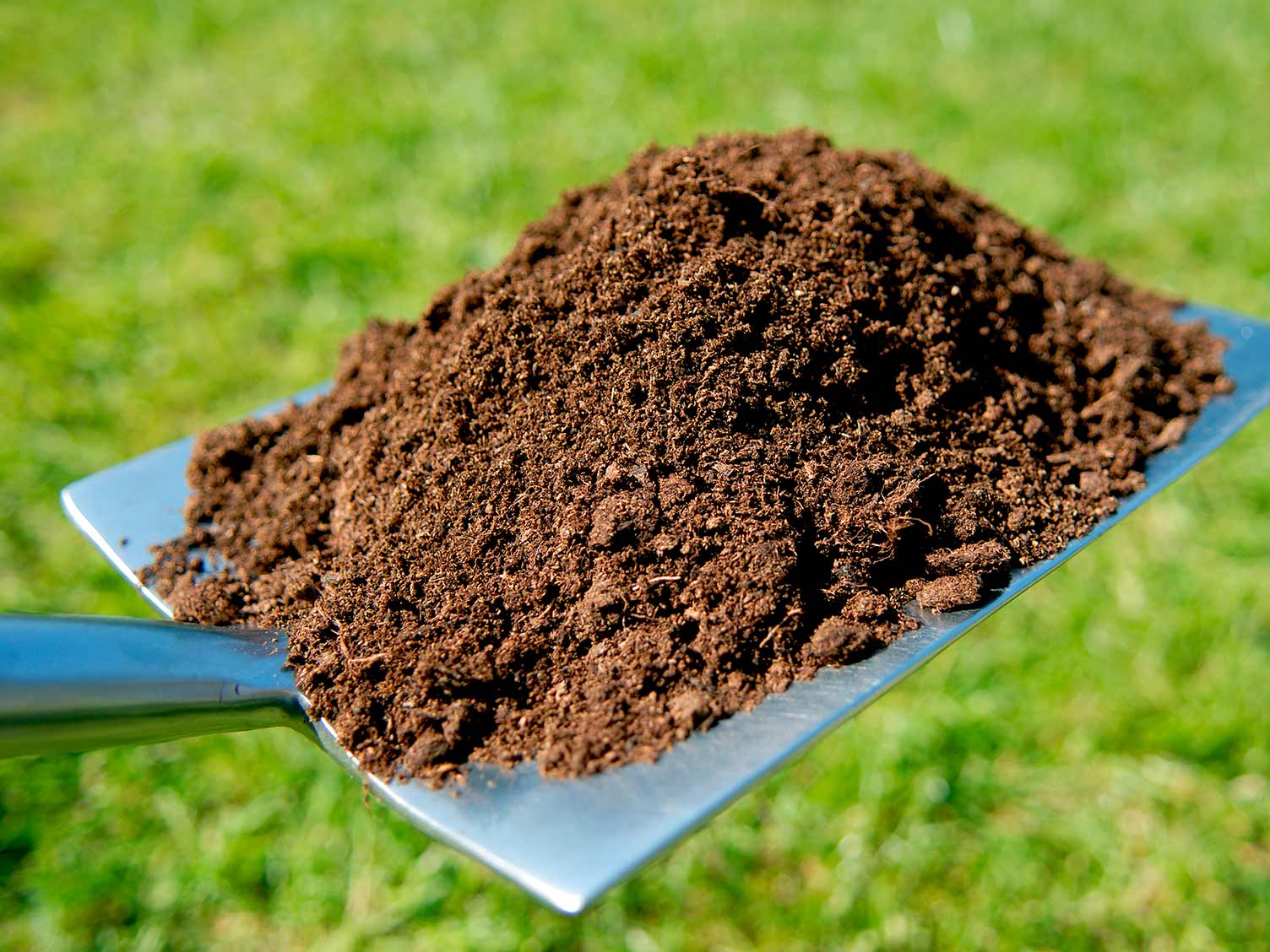
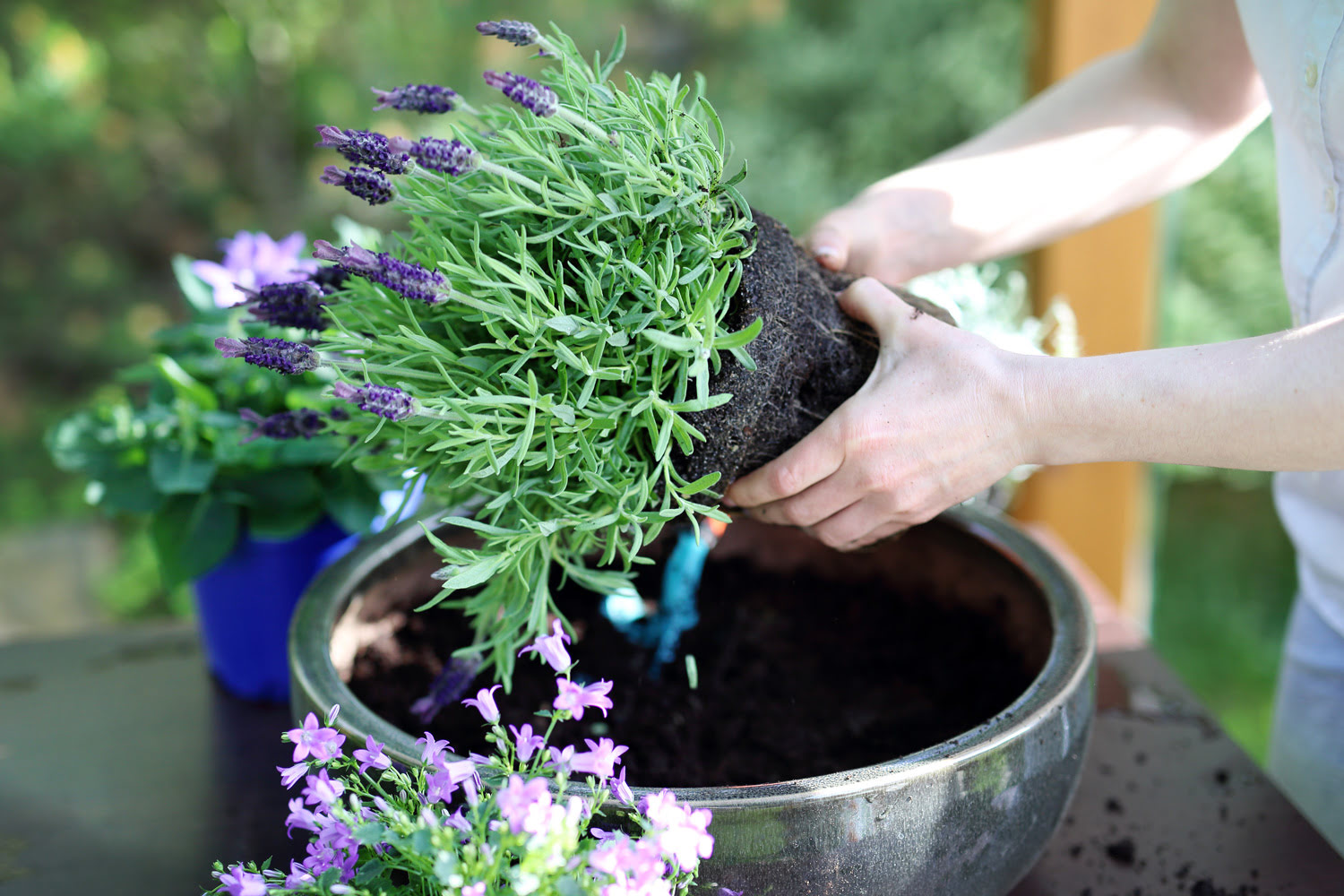
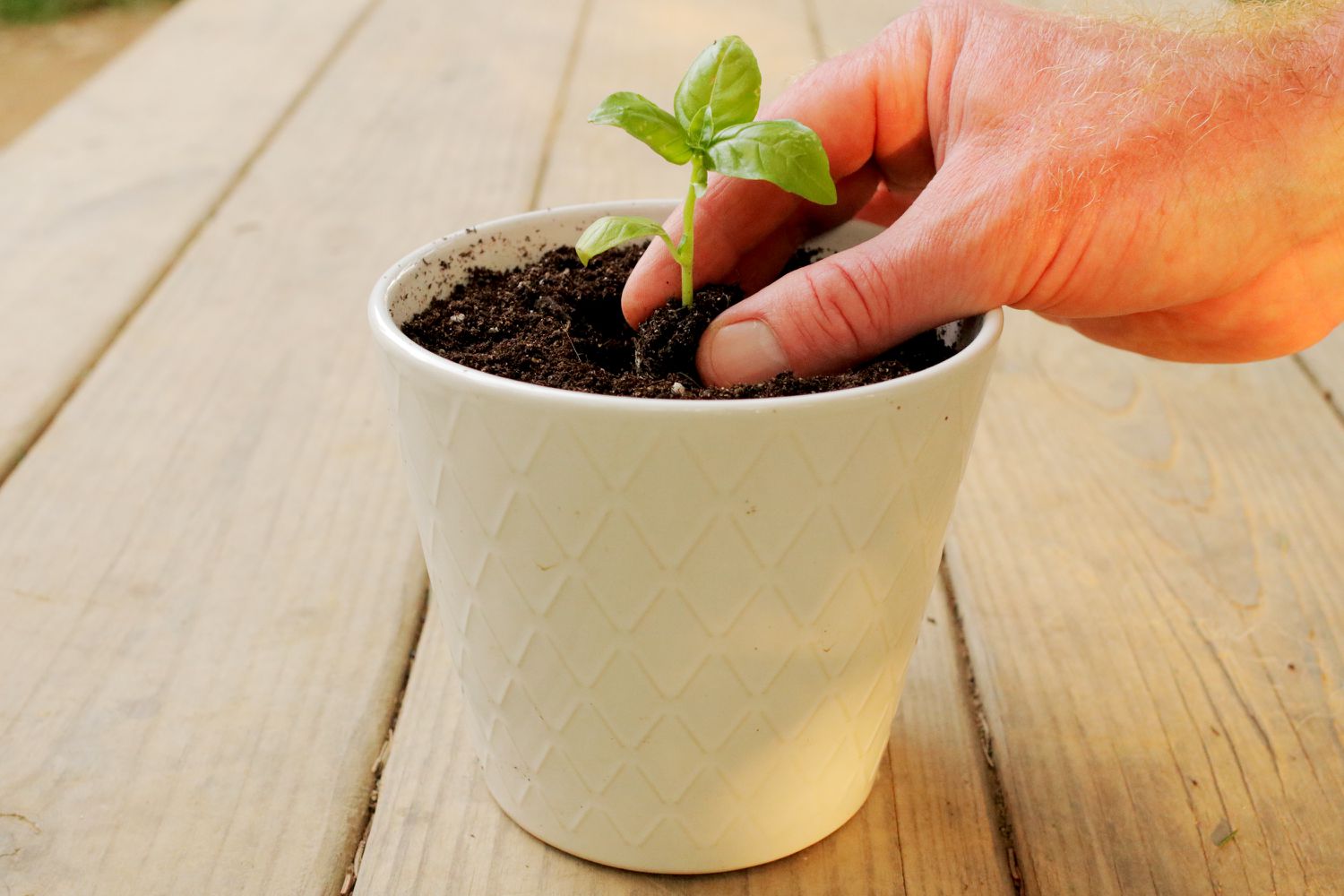
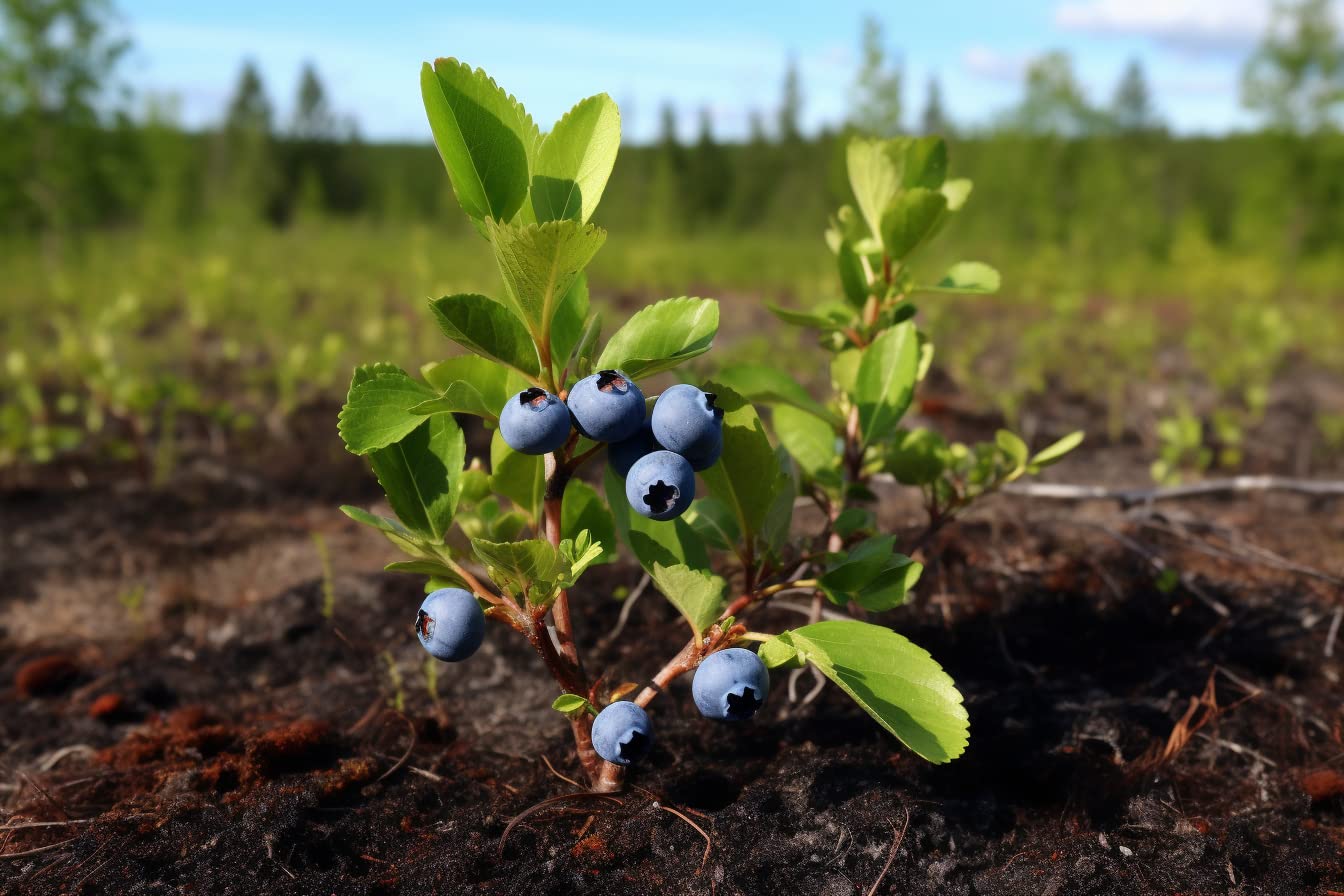
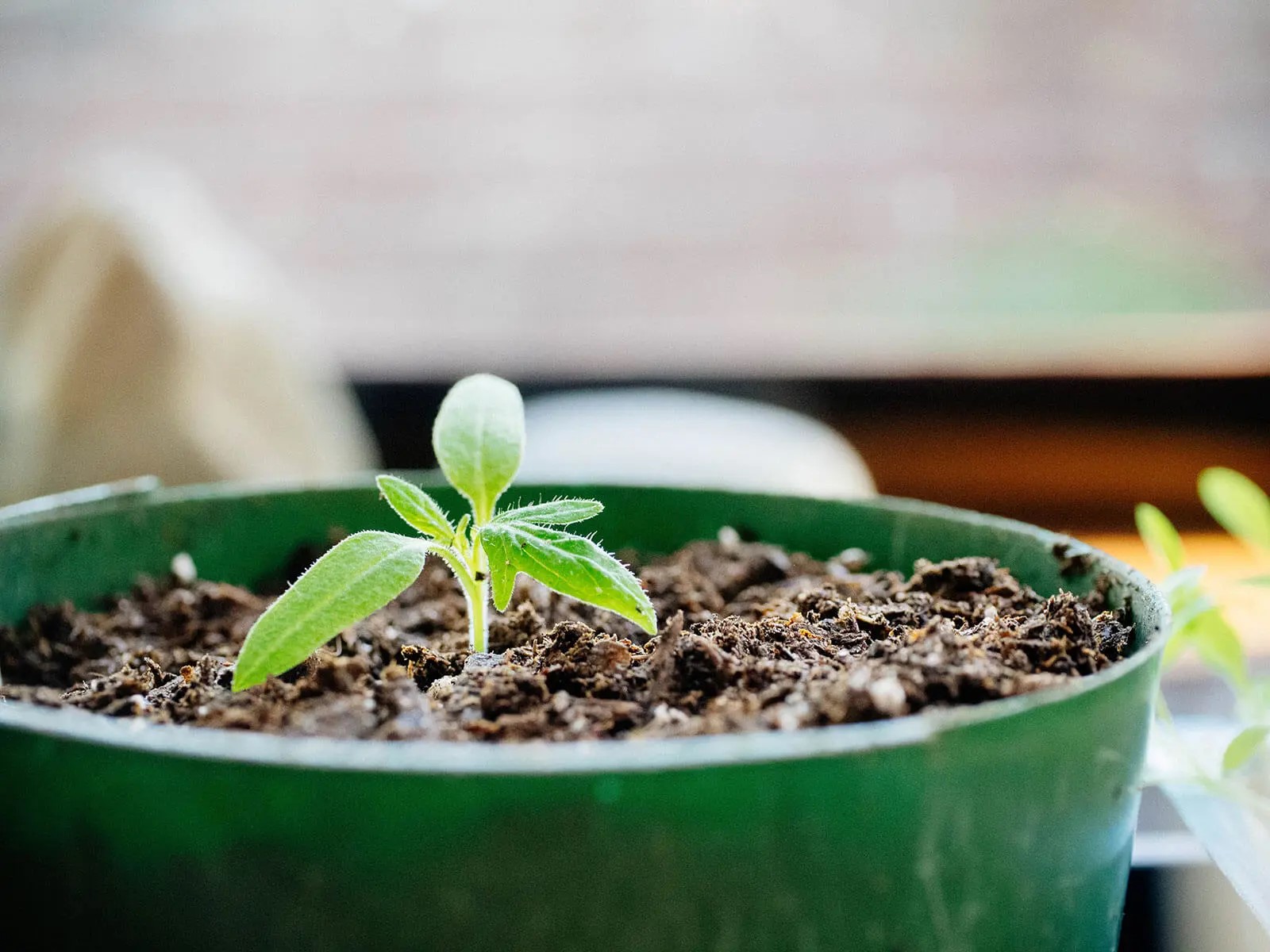
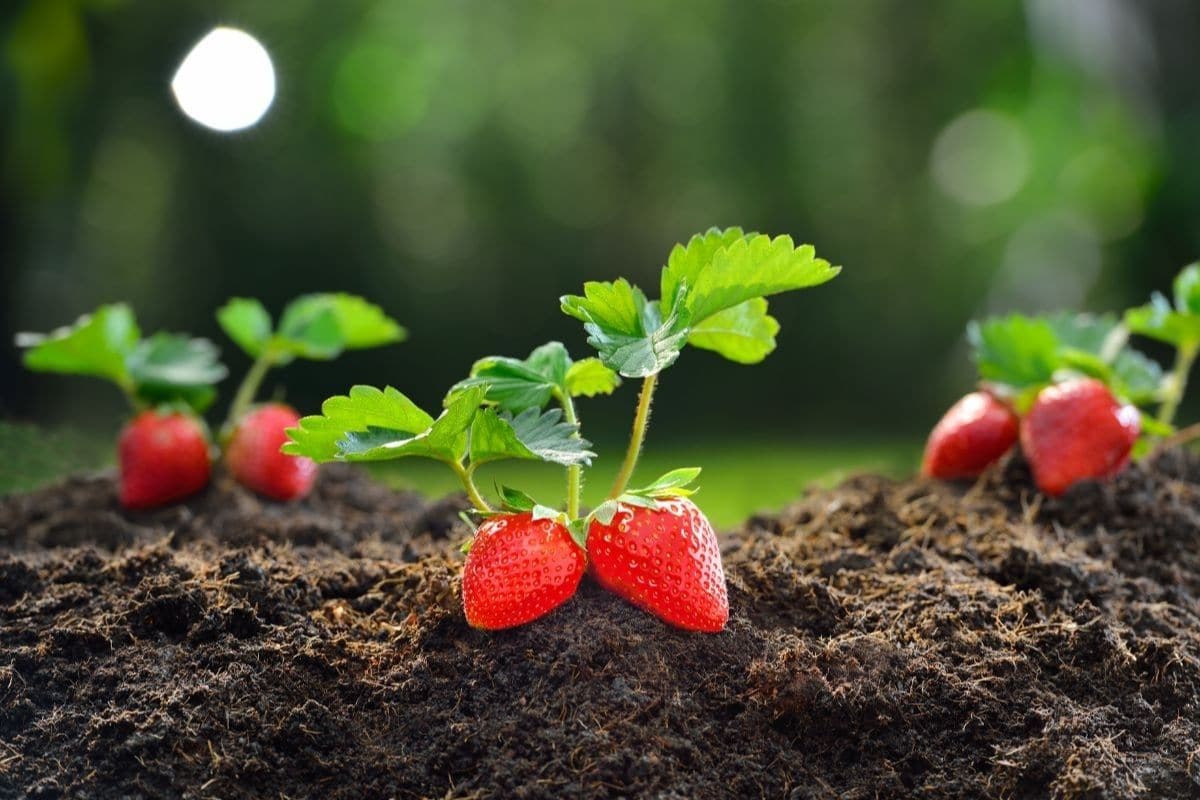

0 thoughts on “What Kind Of Soil Mix For Vegetable Garden”